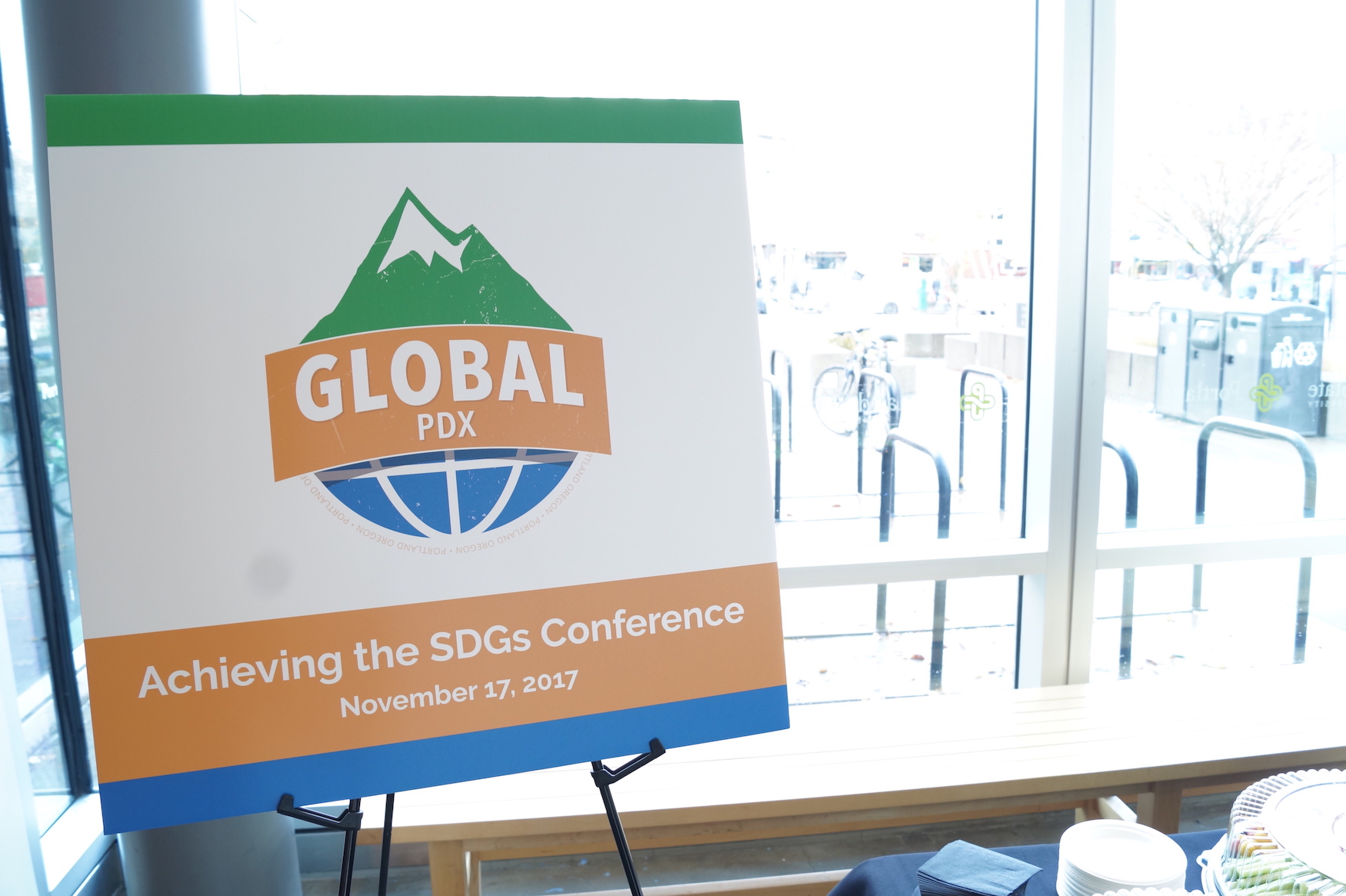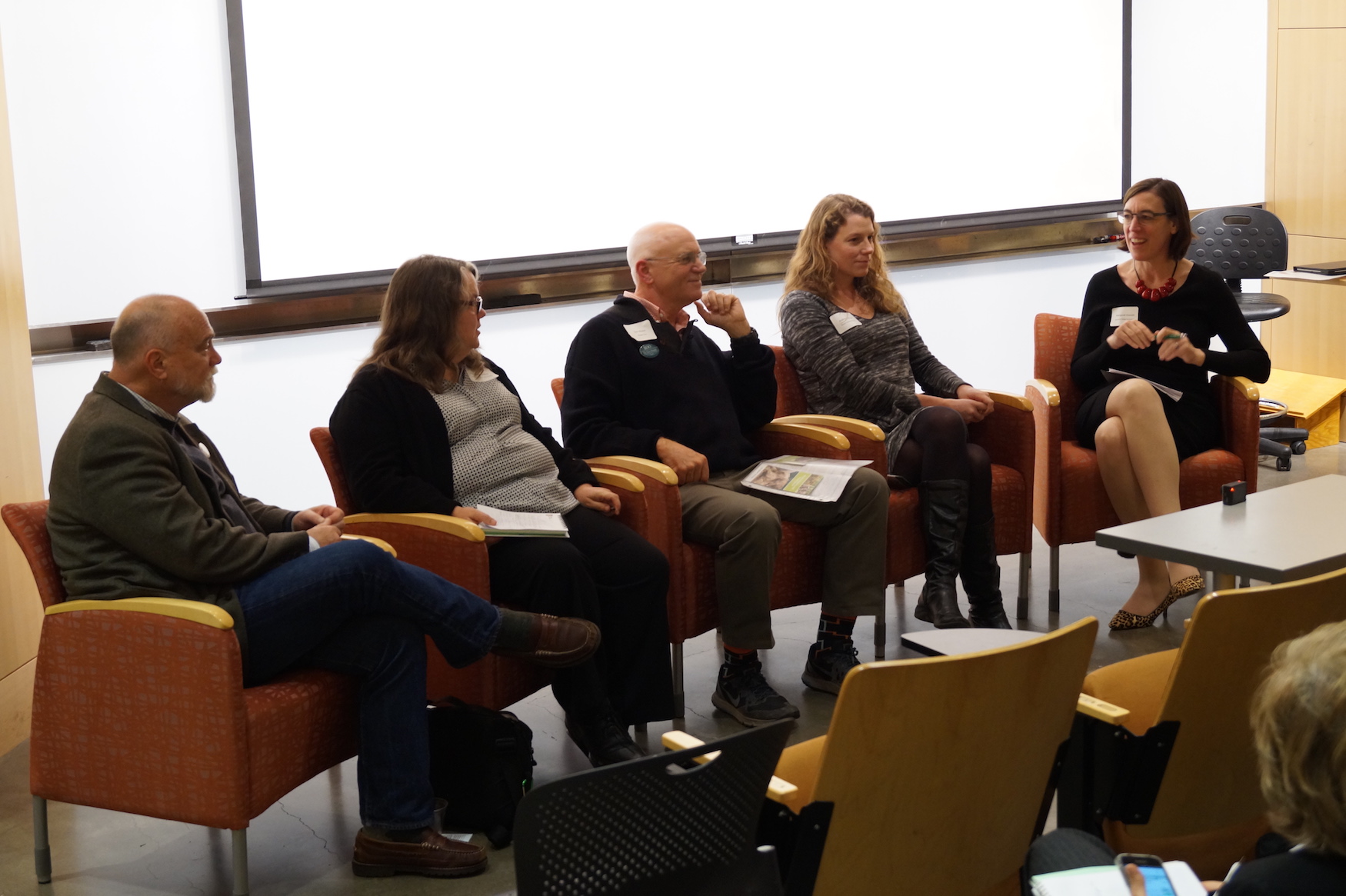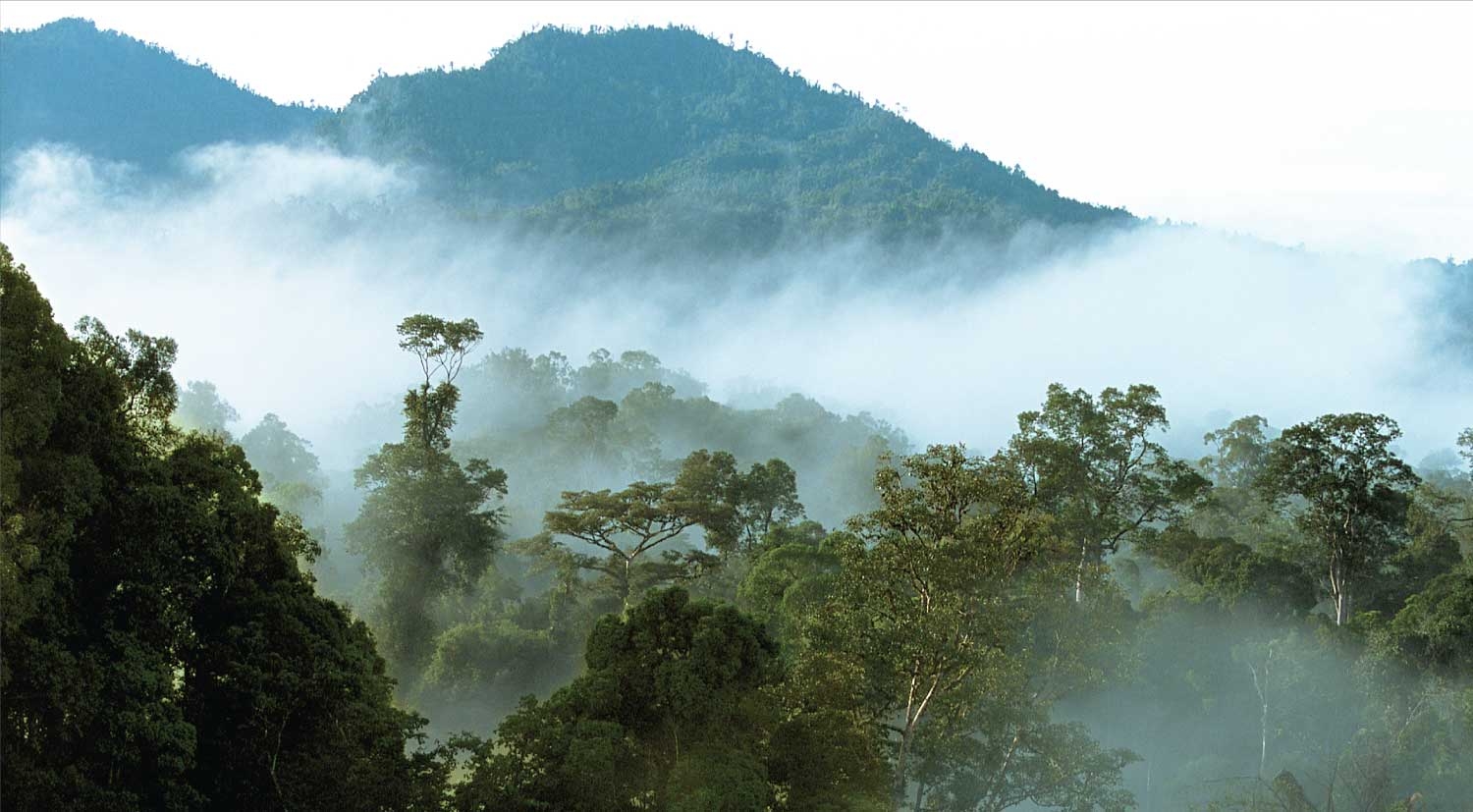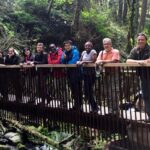How the forests of Borneo are breaking down silos among well-known Oregon institutions.
For the past several years, Green Empowerment, a small Portland nonprofit, has helped create micro hydroelectric projects in indigenous communities in Borneo. It is one of several projects the NGO runs in developing countries around the world to improve access to renewable energy and safe drinking water.
With a small staff, the nonprofit has limited resources to gather data to measure its impact – a growing requirement of funders. So Andrea Johnson, the executive director, approached Evan Thomas, an international sustainable development expert at Portland State University, to talk about how local international NGOs can collaborate to have a stronger impact.
The result was the formation in February this year of GlobalPDX, a networking organization for Oregon-based international development NGOs. The new venture fills a noticeable gap in Oregon for support for such organizations. Other major cities have far more heft in the international development scene, such as neighboring Seattle, the headquarters of the Bill & Melinda Gates Foundation.

GlobalPDX provided a platform for Johnson to meet other Oregon NGOs involved in Borneo. The Oregon Zoo was one of the participants invited to the meeting. The zoo’s conservation experts have been working with the Malaysian government to build sanctuaries for animals displaced by the destruction of forests for palm oil plantations. Zoo educators have produced field guides for villagers who have come into conflict with displaced animals.
It just so happened that the World Forestry Center, another Oregon institution located opposite the zoo, was also involved in Borneo. For the past four years, it has hosted a fellowship for foresters from the region.
And Oregon State University College of Forestry has field programs and internships in Borneo where its scholars study forest biodiversity.
RELATED STORY: CAN THE ZOO CHANGE ITS STRIPES?
In the spring, these organizations met to talk about how they could collaborate in the region. The fact all these institutions had common values and involvement in the same country was a surprise to the participants. “We didn’t know the zoo had a conservation program. Or that OSU has the best forestry school in the U.S.,” said Johnson, speaking at GlobalPDX’s first conference in Portland last week.
The financial benefit of teaming up with other nonprofits is an obvious advantage to NGOs, but one that does not happen often in the nonprofit world. “One of our goals is to see if we can get combined funding for programs,” said Johnson.
She added the collaboration with institutions like OSU can help her organization gather data for measuring the benefits it is making, a necessary step to secure funding.

From left to right: Rick Zenn, World Forestry Center; Michele Justice, OSU College of Forestry; Don Moore, Oregon Zoo; Andrea Johnson, Green Empowerment; Moderator: Margaret Everett, Portland State University
Evan Thomas, the founding director of GlobalPDX, said collaborations like the Borneo group will be more common as organizations become more data driven and academic researchers become more compelled to show how their research makes an impact.
“This group will get more resources from funders if they collaborate together,” he said.
The formation of GlobalPDX could be a sign Portland is becoming more global in its outlook. The city is attracting highly educated millennials. The local economy is strengthening. These are signs Oregon could be gradually moving away from its small-scale economy. This transformation however could drain away charitable giving from local causes.
SEE RELATED STORY: THE NEW PHILANTHROPY
The Trump administration’s retreat from global initiatives, such as the UN Paris climate agreement, is also driving states like Oregon to take more of a role in global discussions.
This was evident this month when Governor Kate Brown traveled to Bonn, Germany, to take part in a UN meeting of national governments to discuss climate change goals. Brown was part of a west coast delegation of governors, who spoke on what states are doing to mitigate climate change in the absence of federal action.
“As a region we can have more impact,” said Thomas. “As national level leaders retreat from the global stage, it is time for states to step up to the plate.”




